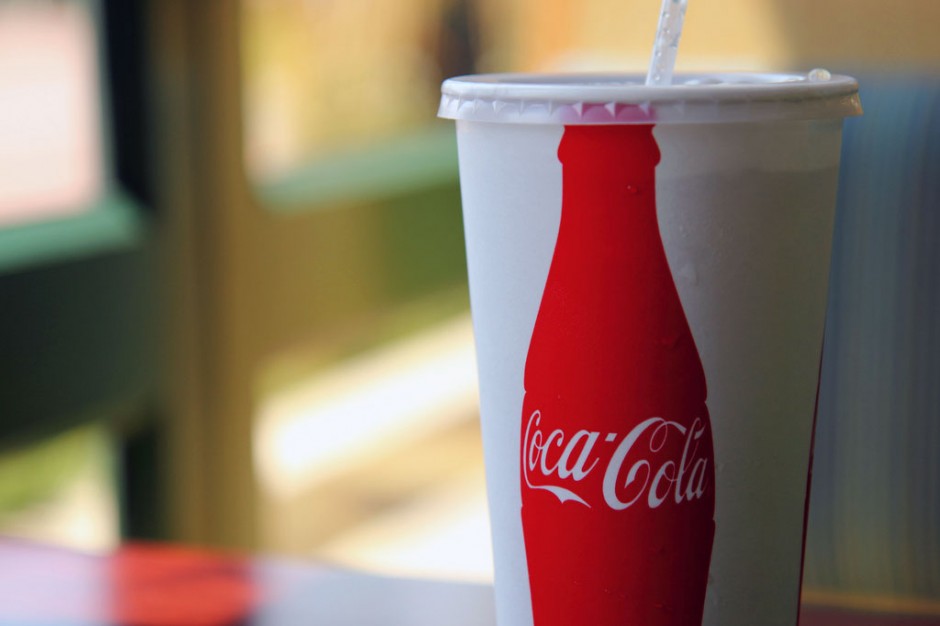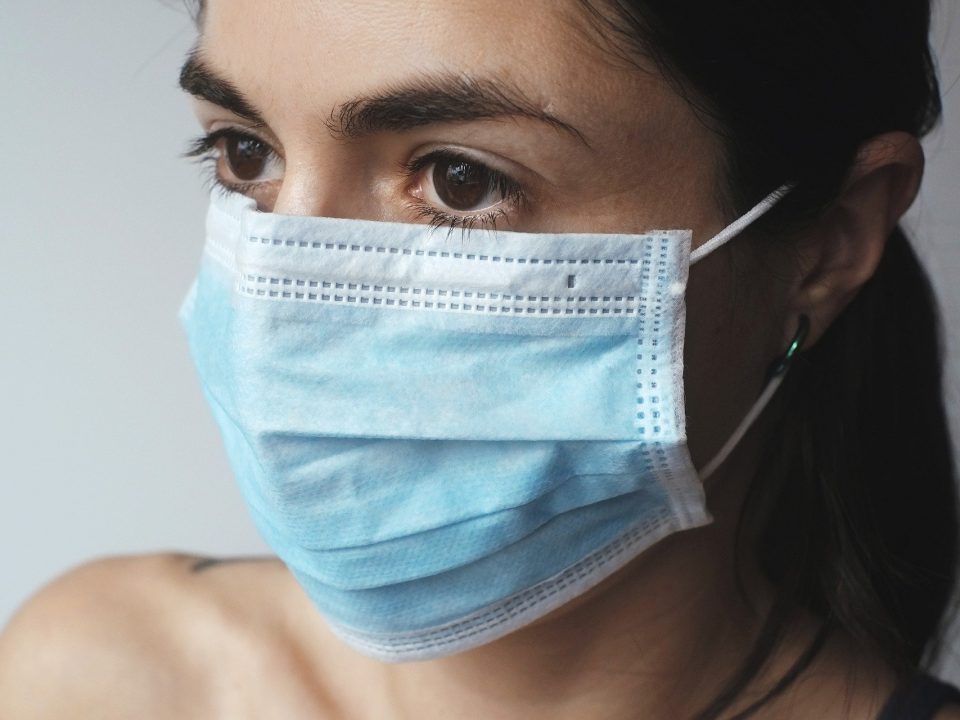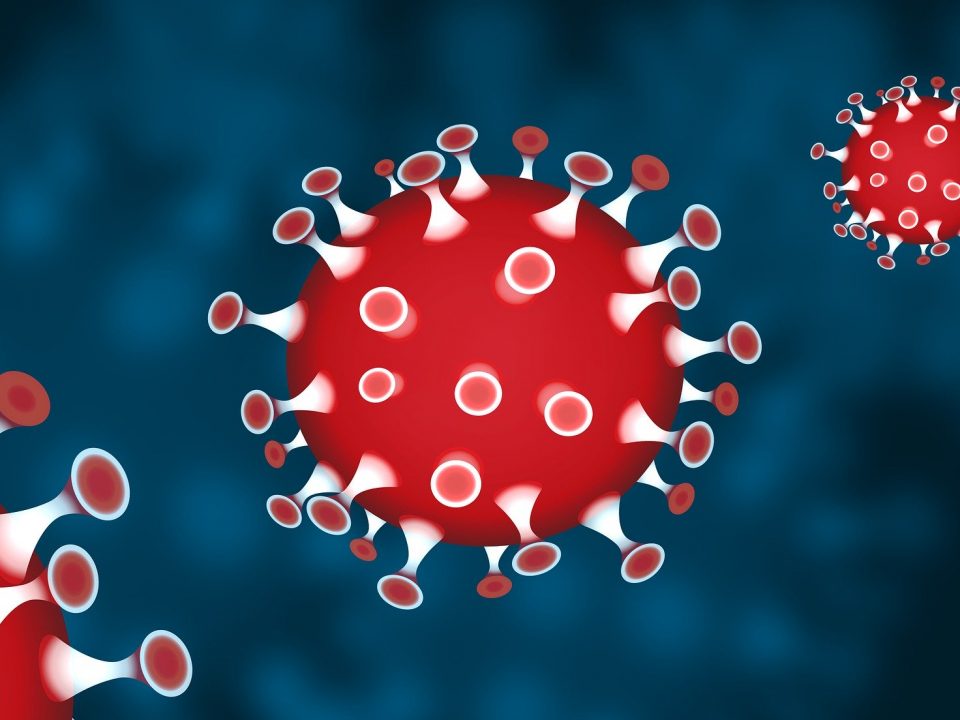Philadelphia Hones Soda Tax Pitch

Ah, the soda tax. It’s a controversial topic in the City of Brotherly Love right now, and that’s no surprise. Historically, across the nation, the concept of taxing sugary beverages has generally ignited public firestorms. The (very) financially-powerful soda industry brings in the big guns, swinging in defense, and advocates for the poor rail against the fact that they perceive soda taxes as a de facto tax on the impoverished. Not to mention those who object to an infringement on what they see as their right to drink a big damn soda if they feel like it. NBC News quoted David Just, a professor of economics at Cornell University who works within the school’s food and brand lab: “”Whenever something seems designed to take our freedoms away or restrict us … we get angry and push back.”

Proponents of a Philadelphia soda tax are focusing on financial benefits, not health implications. (Flikr: Mr.TinDC)
Altogether, it’s a powerful force that works against proposed soda taxes just about every time. Former Mayor Michael Nutter saw two separate soda taxes squashed during his time in office.
Accordingly, Mayor Jim Kenney and those lobbying for the soda tax are trying things a bit differently this time. For one thing, they are choosing NOT to focus on the health implications of the soda tax, and on how such a tax could potentially impact the rates of obesity, diabetes, and other health implications associated with sugary drinks. Instead, the Kenney administration is focusing on the financial impact the soda tax could have: approximately $400 million towards universal pre-kindergarten education, a cause that is popular with the public.
One reason that health-related arguments about sugary drinks are less-compelling? People have already gotten the message. Sales of both regular and diet soda have been on the decline in the past few years, with consumption of bottled water, teas, energy and sports drinks rising. Carbonated soft drinks are still the best-selling beverage, but experts believe bottled water will soon claim the number-one spot.
The City Council will vote on the soda tax in June.



